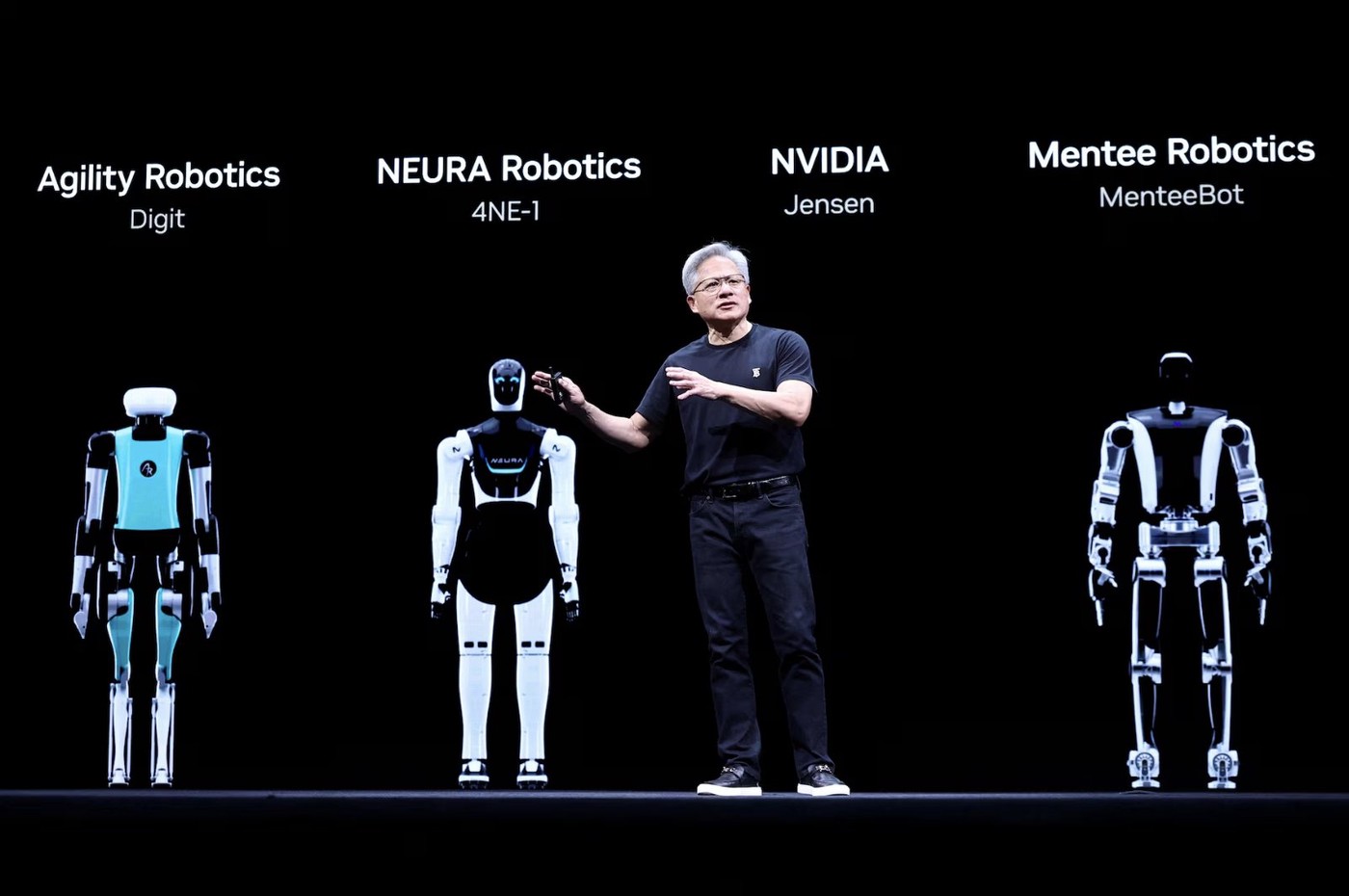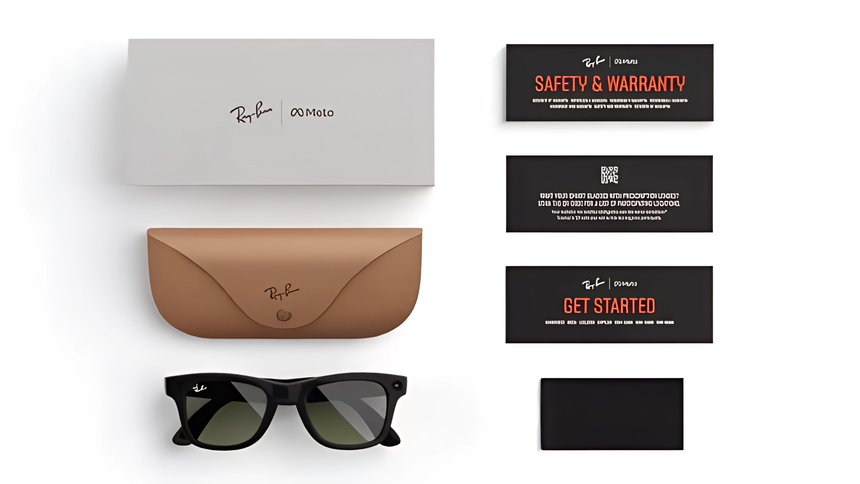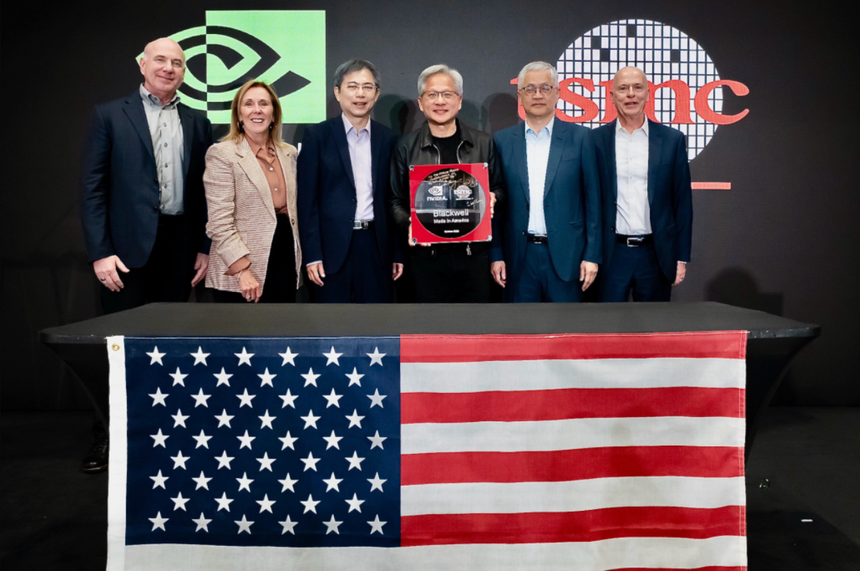Nvidia and Foxconn are reportedly working together to bring humanoid robots into the manufacturing process of Nvidia’s upcoming AI server production line in Houston. If finalized, this will mark the first time an Nvidia product is assembled with the help of humanoid robots and will also be Foxconn’s first AI server facility to introduce such automation. The collaboration is expected to reshape modern manufacturing by introducing more intelligent, adaptable robotic systems into factory environments.
According to sources familiar with the matter, the deployment of these humanoid robots is targeted for the first quarter of 2026, in time for the production start of Nvidia’s GB300 AI servers. These servers are part of Nvidia’s broader initiative to build powerful AI supercomputing systems in the United States. The Houston facility, which is being constructed by Foxconn, has been designed with extra space specifically to accommodate the integration of advanced robotics.
Foxconn is currently developing its own humanoid robots in collaboration with Nvidia and has also tested units produced by Chinese robotics company UBTech. While details remain under wraps regarding which robots will be used or how many will be involved initially, internal trials have focused on training these robots to perform essential factory tasks such as picking and placing objects, inserting cables, and conducting basic assembly work.
Foxconn’s robotics division, under its Foxconn Industrial Internet unit, plans to showcase two versions of its humanoid robot at a major company tech event this November. One version is expected to be equipped with legs, while the other will be built on a wheeled autonomous mobile robot base. The wheeled version is said to be more cost effective and easier to deploy in large numbers.
This project also aligns with Nvidia’s broader push into the robotics industry. The company already supplies foundational platforms to robotics firms looking to build humanoid machines. Nvidia CEO Jensen Huang has expressed confidence that humanoid robots will become common in manufacturing within the next five years. If successful, the Houston plant could serve as a model for similar factories worldwide.
Other tech and auto giants are also investing in humanoid robotics. German carmakers like BMW and Mercedes Benz have already tested humanoids in their production lines, and Tesla is actively developing its own humanoid robot project. Meanwhile, China has made a national push to explore factory automation using human like robots for a wide range of industrial applications.
The Houston site, which is part of Nvidia’s broader expansion in Texas, is being built alongside another facility in Dallas by partner Wistron. Both plants are expected to become operational within the next year and will contribute to the growing demand for high performance AI infrastructure worldwide.
As Nvidia continues to scale its AI capabilities and Foxconn deepens its automation efforts, this partnership could signal a new chapter in smart manufacturing powered by human shaped robotics.
Stay updated on future tech innovations and follow Tech Moves on Instagram and Facebook for the latest news in AI, robotics, and more.














